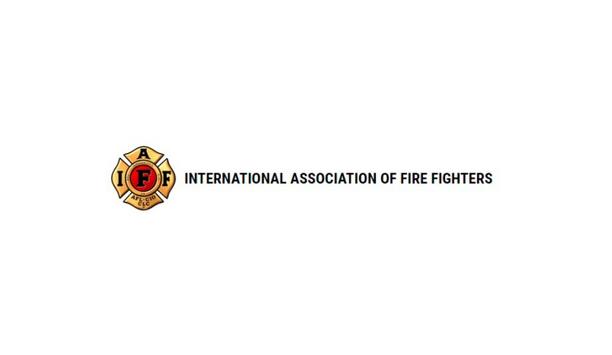The FPA has published a technical questionnaire developed by RISCAuthority to be completed at the design stage of building planning.
The questionnaire is designed to elicit technical information around quality assurance where Modular Building methods have been used, to assist insurers with understanding the building design and construction system. The key challenges addressed are the insurance perils of fire and water exposure.
Technical Checklist for England
Modules are large and heavy components stacked into a building that is partly constructed on-site
Building System Questionnaire For Permanent Stacked Modular Buildings is freely available to download along with Permanent Stacked Modular Buildings: Technical Checklist for England - Issue 01 to assist with its completion. The questionnaire has been produced with input from the pioneering insurers, it is not intended to represent a pan-insurer perspective.
Modular Buildings involve far more than the manufacture, transportation and installation of room-sized volumetric frames lined with plasterboard, decorated and fitted out. Modules are large and heavy components stacked into a building that is partly constructed on-site.
They must fit together, and in doing so, the composition of the Permanent Stacked Modular Building must satisfy the 2010 Building Regulations, including Schedule 1. Requirements.
Use of Modular Building systems
The use of Modular Building systems is understood to offer significant advantages in terms of cost and sustainability but, as a relatively new building method, presents challenges for those asked to insure and invest in them, and it is important to anticipate how different Modular Buildings address fire risk.
The questionnaire focuses on the perceived challenges of Modular Building methods in respect of compartmentation and repairability to assess the insurance perils of fire, and water exposure.
RISCAuthority is an annually funded research scheme supported by a significant group of UK insurers. Its research supports the development and dissemination of best practices with the goal of better-protecting properties and businesses.















